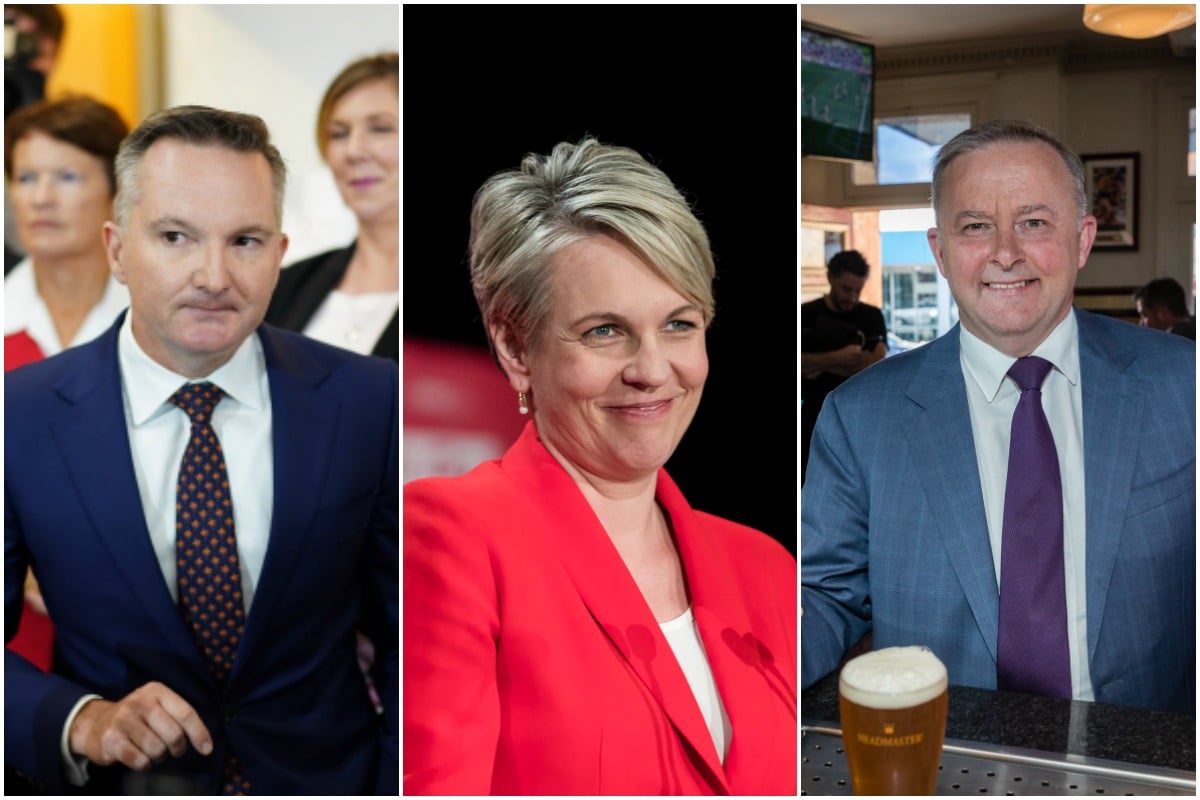
– With AAP
With Bill Shorten officially stepping down as Labor’s leader following Saturday’s election, the Labor Party faces the task of choosing a new leader to take on the reinstated Coalition government.
“While I intend to continue to serve as the member for Maribyrnong, I will not be a candidate in the next Labor leadership ballot,” Shorten told the Labor crowd in Melbourne on Saturday night, after losing two elections in a row.
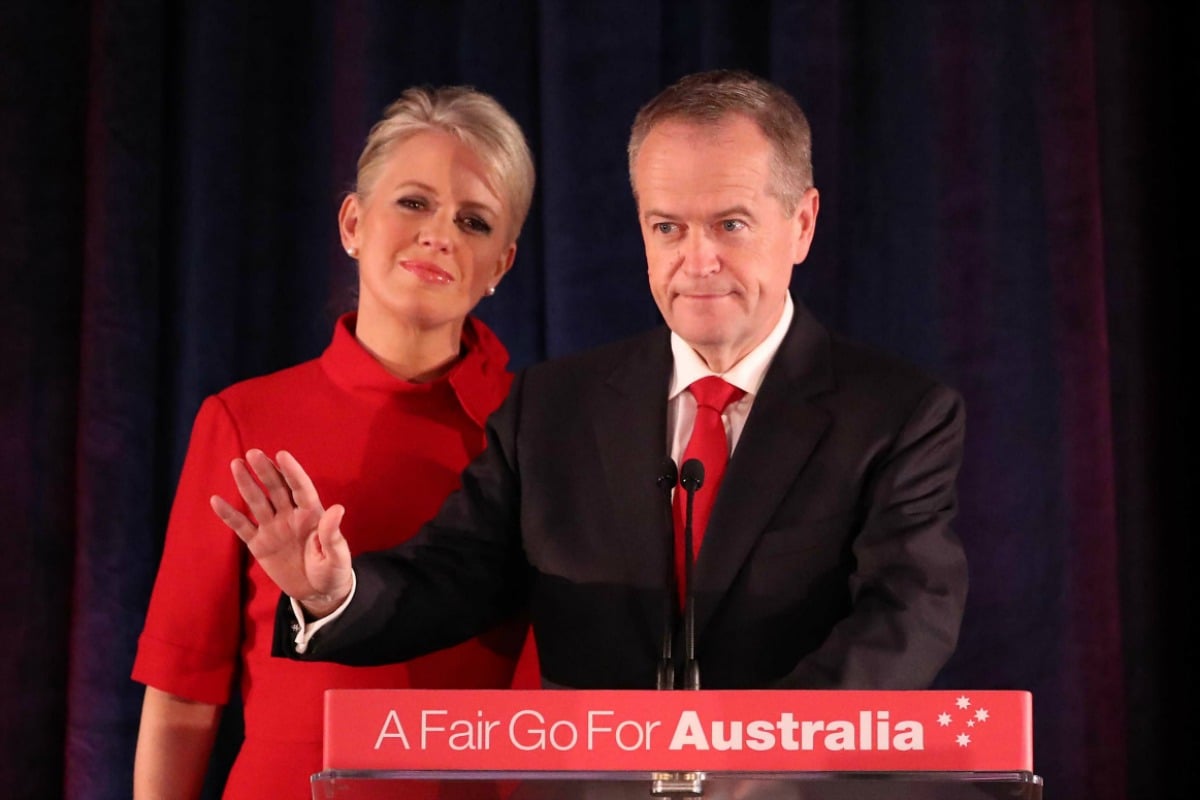
The final election result defied every poll in the lead-up to the election, with Mr Shorten expressing confidence on Friday that he could form a majority government.

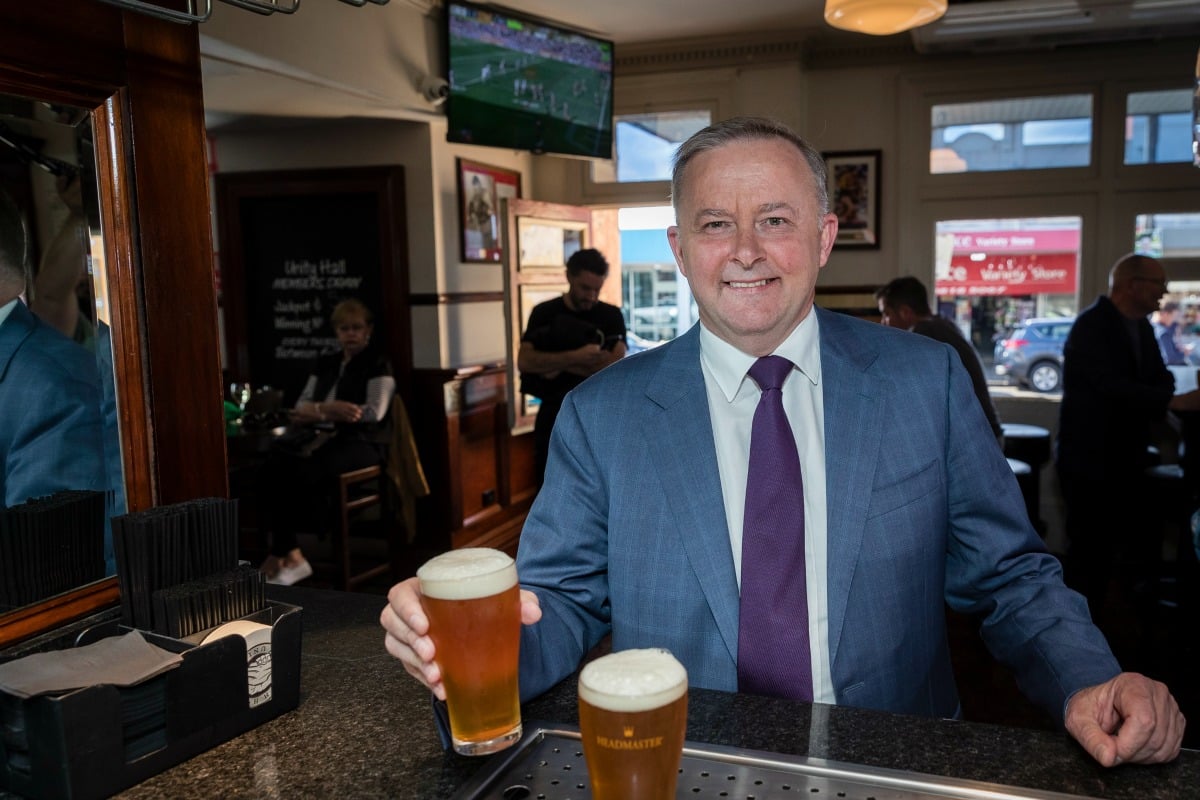
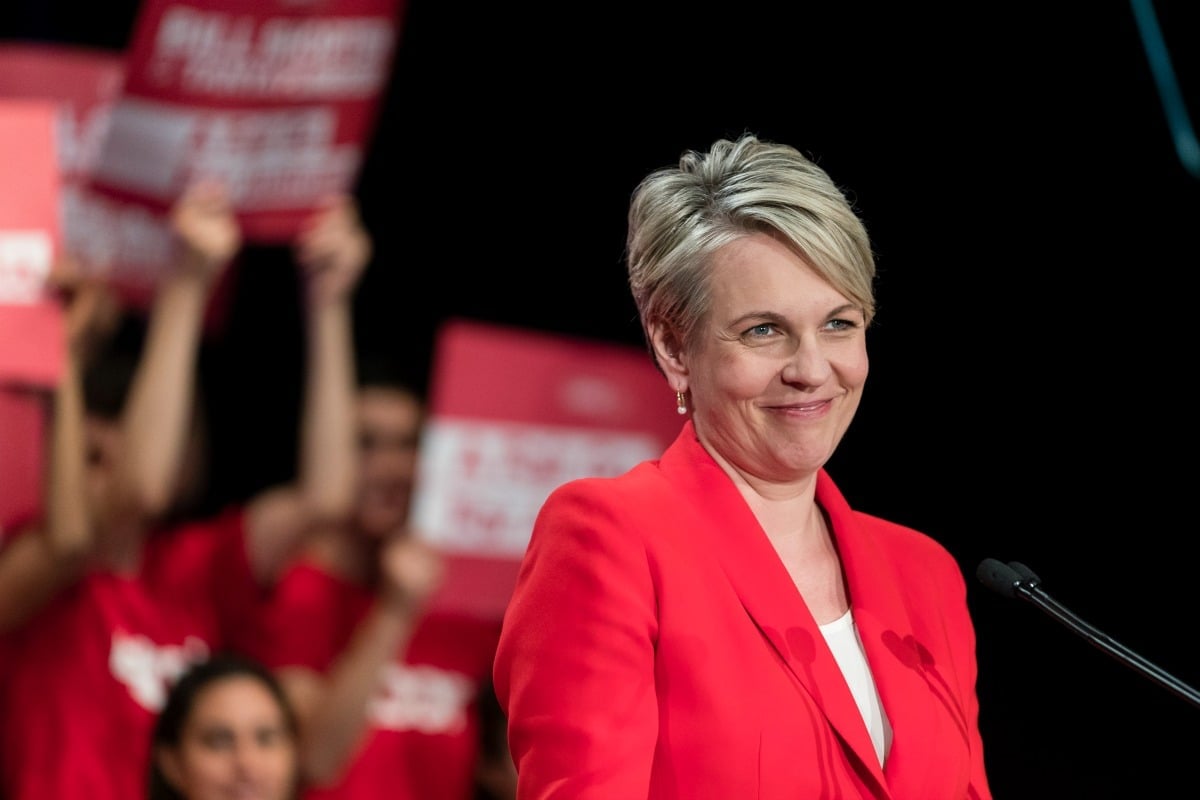
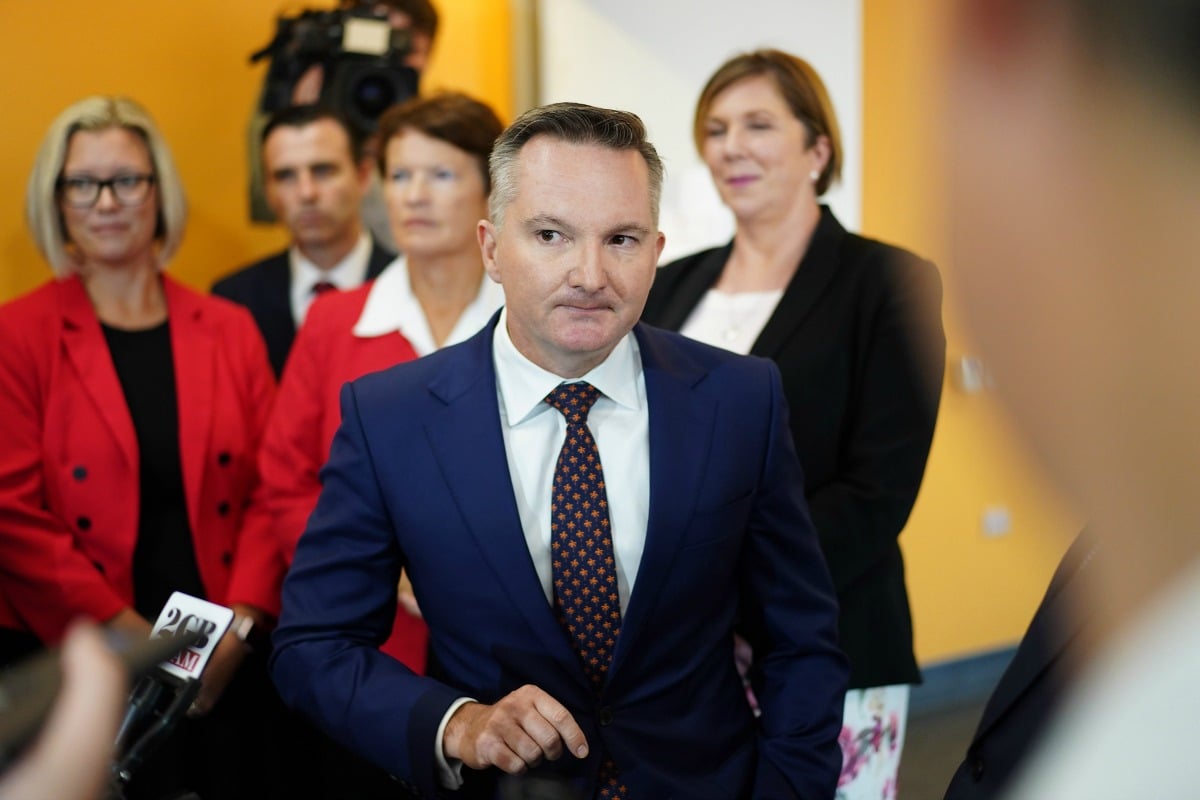
Top Comments
Tania isn't running because of her family commitments. 😢 I don't know what to write. I respect her decision and acknowledge that some men have also knobled their political careers for the sake of their families. But not many.
I see the other potential candidates and think pale, male, and stale.
I hope the ALP will learn that they need a charismatic/popular leader to sell their policies not that they need to lie about their policies or not have any.
Labor has factional rules around the leadership, leader and deputy must be from opposite factions and different states. The left is seen as too unelectable and the right has the numbers internally. That being said, post Rudd they have been very disciplined, let’s see if they remain united.